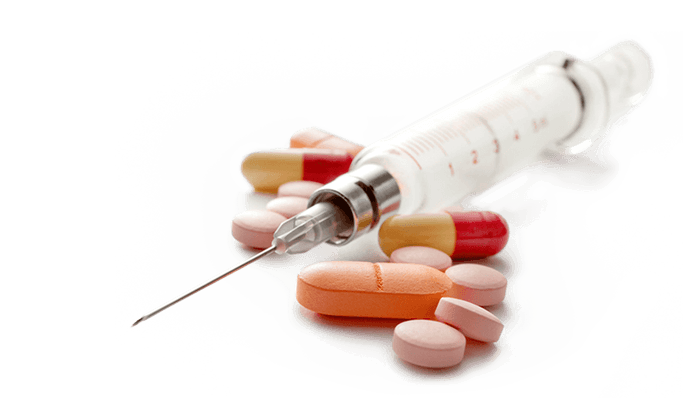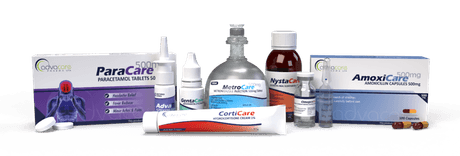What is the meaning of Musculoskeletal Pain Medication?
Musculoskeletal pain medication helps with pain and inflammation caused by musculoskeletal conditions and effectively improves mobility and quality of life. Treatments for musculoskeletal disorders target conditions that affect the muscles, bones and joints, like osteoarthritis, fibromyalgia, and other chronic pain conditions. More common muscle conditions, such as treatment for pain relief of the lower back, are also managed with many of the same pain medications.
There are several types of musculoskeletal pain treatments, including nonsteroidal anti-inflammatory drugs (NSAIDs), opioids, and muscle relaxants.


